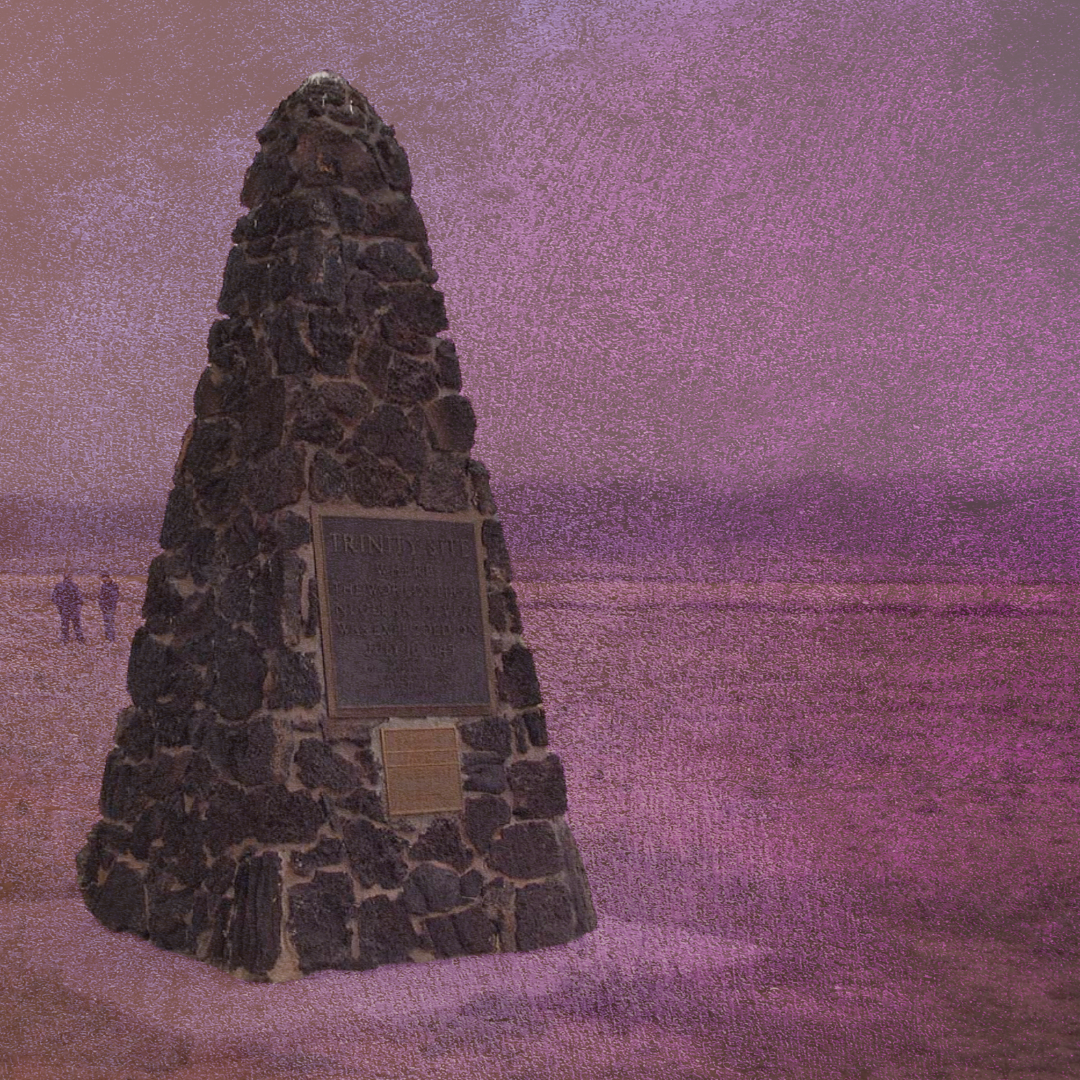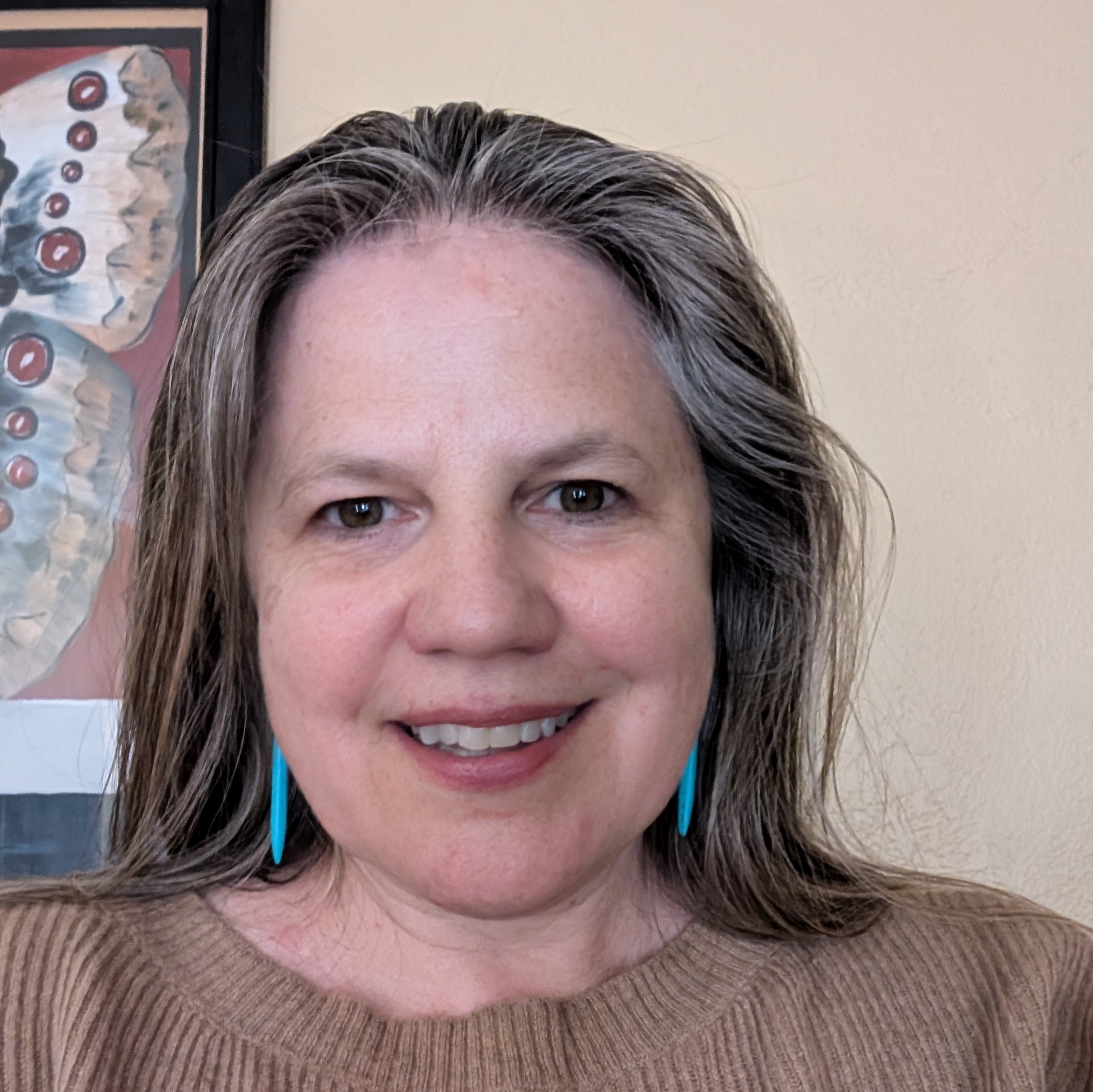Eighty Years After Trinity: A Legacy of Fallout & Building the Movement Forward

July 16, 2025
In the early hours of July 16, 1945, the United States detonated the first atomic bomb—known as the Trinity test—in the Jornada del Muerto desert of New Mexico, marking the dawn of the nuclear age, altering the course of history, and unleashing radioactive fallout across unsuspecting communities. Hispanic and Indigenous residents of downwind towns, like Tularosa, New Mexico, were never warned, never evacuated, and never compensated. They lived with invisible contamination that spread through water, air, and food, contributing to a tragic legacy of cancer and disease. Generations later, families still mourn lives lost, and the lives affected still to this day due to generational health affects. One survivor recently recalled that “there wasn’t a household that didn’t have someone with cancer.” A Princeton study, “Fallout from U.S. atmospheric nuclear tests in New Mexico and Nevada (1945-1962),” as reported in The New York Times, found Trinity’s impacts were vastly underestimated in the decades after the detonation. While New Mexican communities suffered some of the greatest impact, fallout is now known to have reached 46 states, Canada, and Mexico.
Today, on the 80th anniversary of that first detonation, survivors’ voices are increasingly being heard. Ploughshares is proud to support the community that has been pushing for justice for those harmed by the legacy of nuclear weapons production, testing, and use. The community celebrated a major win for affected communities and their allies this month. On July 4th, Congress passed the Radiation Exposure Compensation Act (RECA) expansion legislation.
Grants made by Ploughshares brought impacted communities members to Washington DC and supported a coalition focused on this issue. This led to the advocacy efforts necessary to generate bipartisan congressional support for expansion of RECA. The legislation now covers all downwinders in New Mexico, Utah, Idaho, and Mohave County, Arizona; uranium workers through 1990; and Manhattan Project nuclear waste exposure claims, among other benefits. Though the extension is for a two-year time period, and does not cover every impacted community, it is a rare policy win in a deeply polarized environment and offers the opportunity to push for even greater successes down the line. While celebrating this achievement, advocates have vowed to continue fighting for comprehensive coverage for all affected communities. Ploughshares will stand by to support them.
As we work towards a more safe and secure future, survivors and descendants of the Trinity Test are spotlighting the detrimental impacts faced by indigenous communities. Much of the uranium used to build America’s nuclear arsenal was mined on sovereign nation land, especially Navajo Nation territory. As Navajo Nation President Buu Nygren has stated, “Our lands and our people have paid the price for America’s nuclear arsenal.”
In First We Bombed New Mexico, narrated by Downwinder and activist Tina Cordova, the film underscores the community’s decades-long fight for federal recognition and justice, spotlighting the systemic neglect that followed the bomb’s deployment. This year’s commemorations not only mark a historic milestone, but demand a different future.
As someone who has worked in movement spaces from health access to education equity and is comparatively new to the nuclear disarmament/abolition space, the ability of the diverse coalition of partners engaged in advocacy to address the nuclear threat—to illustrate how nuclear war affects every aspect of our lives, from environment to food access—has helped me recognize that the issues I care deeply about are all connected to the urgent need for nuclear disarmament/abolition. If we care about future food access, a livable planet, and economic sustainability for the underserved among so many other issues, we all should be engaged in efforts to decrease the nuclear threat—charting a path forward, demanding accountability, disarmament, and dignity for all who continue to bear the nuclear burden.
To this end, and in collaboration with over forty partners, Ploughshares supported a coordinating space for the community, where partners collaborated to develop messaging campaigns under the banner #HumanRaceNotArmsRace. While the anniversaries of Hiroshima and Nagasaki loom close behind, Trinity remains the starting point—the first ripple in what became a global arms race. From that initial test in the desert to today’s escalating tensions, the last 80 years have witnessed more than 2,000 nuclear detonations, catastrophic arms buildups, and persistent threats of annihilation.
This week, events at White Sands Missile Range and Tularosa—including interfaith services, a new state historic marker, and a candlelight vigil—will honor the lives lost and urge a nuclear-free future. Ploughshares grantees the International Campaign to Abolish Nuclear Weapons (ICAN) and the Nuclear Truth Project have launched the Trinity Anniversary Week Solidarity Tour. And, you can find more ways to get engaged and on Ploughshares’ website, and events near you by checking out the Physicians for Social Responsibility’s 80th Anniversary Calendar here. As you consider your own actions to demand a future of accountability, disarmament, and dignity for all who continue to bear the nuclear burden we are honored to have you by our side. This work takes us all, and we could not champion our partners without your support, in turn, for our community.
